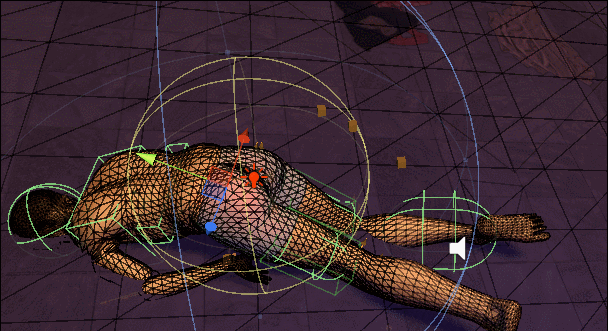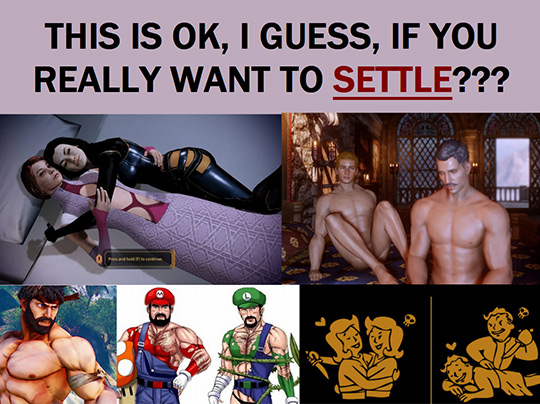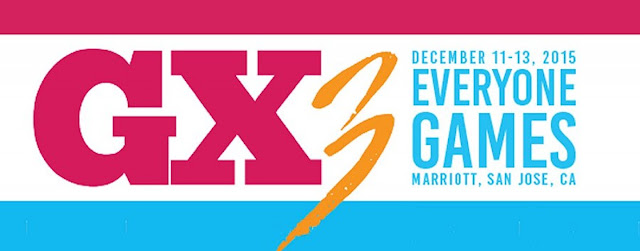That said, here's another talk announcement -- I'll be speaking at A MAZE 2016 in Berlin, Germany, on April 21st. I'm kind of anxious about it because the last time I gave a talk in Germany was GDC Europe 2012, and I fundamentally mis-read who my audience was going to be, and the talk didn't go very well. I'll try hard not to fuck it up this time, especially since I'm basically the first talk of the whole conference! Ahhhhh!
Here's the talk description from the A MAZE program:
If you always win a game as fast as possible, then you are probably very good at games... but if you always have sex as fast as possible, then you are probably bad at sex. (Why did no one ever tell you???) So what does it mean to be good at a sex game, and anyway, what is a good sex game? In this talk, I will talk about all the gay sex games I've been making, as well as many other sex games I've been enjoying, even some of the straight sex games. But it's also OK if you never play any of these games -- because it's even hotter when you watch.Basically, I want to (usefully) conflate notions of skill / quality / value / "goodness" with regard to sex and sex games, and I'm going to try to connect the past 3-4 "big ideas" I've written about... Ideas about how sex functions in games, about games and intimacy, and about how playing a game is now ancillary to witnessing a game.
Content warning: this talk contains sexual content
Again, hopefully I don't fuck it up.
If you'll be around, feel free to say hello, I'll be around for most of the festival.















